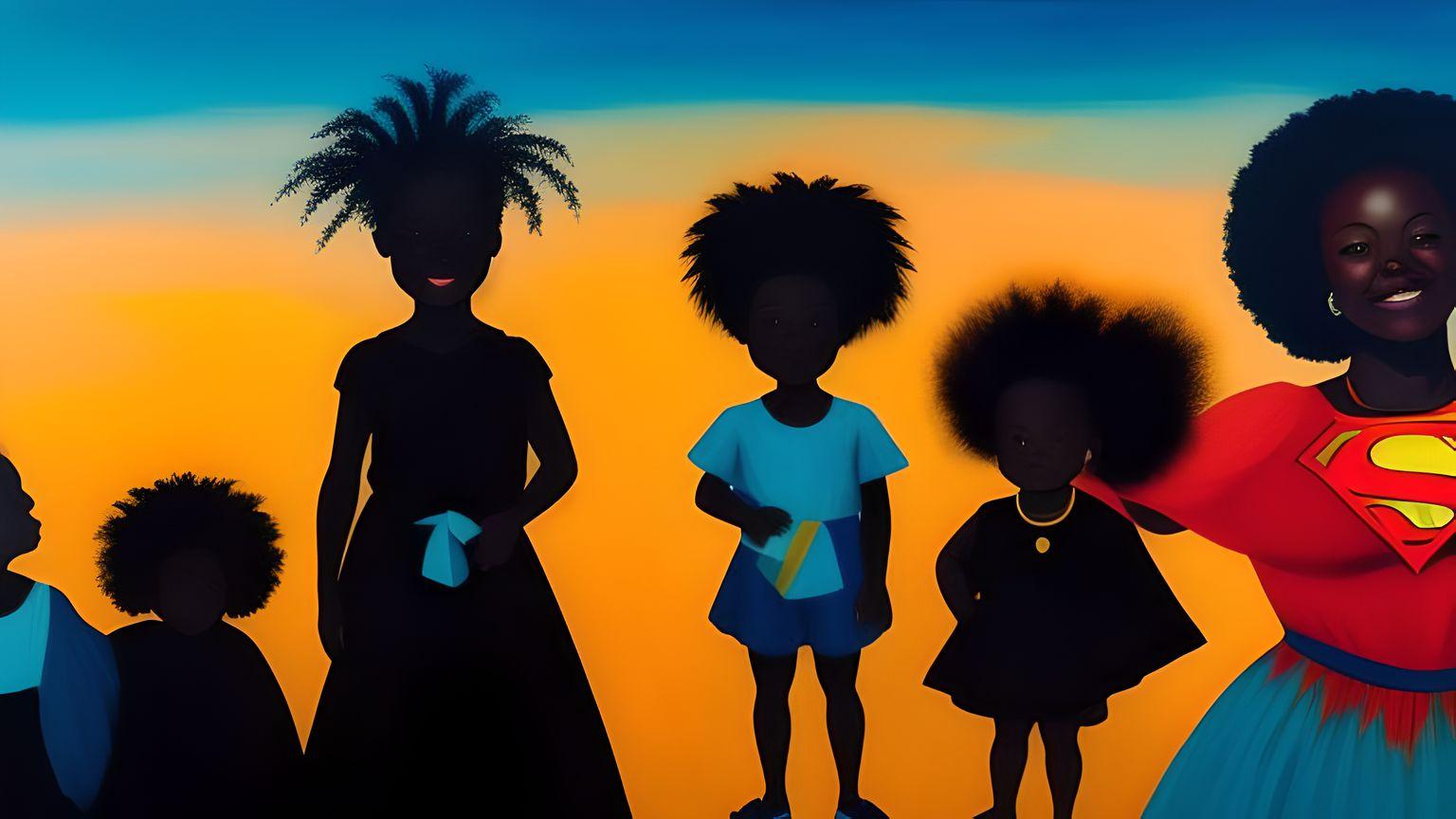The Quiet Strength of Non-Reactivity: A Guide for BIPOC and Global Africa
In an era where knee-jerk reactions and fiery tweets make headlines, the power of being non-reactive emerges as the ultimate superpower. For the BIPOC community and those that are citizens of Global Africa, this trait is not just about personal growth – it is a key to health, happiness, and societal progression.
The Ties Between Reactivity and Wellness
There’s undeniable evidence that for BIPOC individuals, the strain of navigating microaggressions, prejudice, and systemic inequities can take a toll on mental and physical health. Constant reactivity to these stressors exacerbates this. Stress hormones like cortisol flood the body, leading to a myriad of health problems from hypertension to depression. In contrast, non-reactivity, a cousin to mindfulness, is tied to lower stress levels, improved mental clarity, and overall wellness.
The Mirage of External Validation
When you tread a path expecting applause and find silence, it stings. But in those moments, the BIPOC community is reminded that the quest isn’t for external validation. When the expected allies don’t cheer you on, you learn the power of self-reliance and self-affirmation. It’s not about taking their absence personally, but rather finding strength in rooting for oneself.
Navigating the Green-Eyed Monster
Envy is a shadow, and for those striving for success, it’s often a constant companion. For BIPOC individuals breaking barriers, this low-key envious behavior can be a trap. By not allowing it to overwhelm, by staying centered, one embodies the essence of being one’s brother and sister’s keeper.
Like monks who meditate for the world’s peace, this form of non-reactivity becomes a beacon of positivity. It benefits not only oneself but also the collective community.
Transcending Trauma
There’s no denying that trauma can shape us. Yet, one of the most empowering choices is how we react to it. Whether it’s the echoes of colonialism or personal challenges, these experiences, while painful, can be transformed into tools for change. This echoes the sentiment, “Use the things you had to overcome as tools to make the world better than you received it.”
Strength in Silence
The pinnacle of personal power is mastering non-reactivity. It’s choosing better over bitterness. It’s staring at provocation and choosing silence, knowing that in that silence lies immense strength.
It’s akin to the profound realization that the sun which hardens clay, melts wax. How one reacts to circumstances determines their essence. Will you let adversity harden you, or will you find flexibility and resilience within it?
Building Beyond Anger
Anger can be a powerful motivator, but it can also be a destructive force. Especially for communities constantly fighting for justice, anger can be both ally and enemy. The choice lies in its usage. Non-reactivity doesn’t mean suppressing this emotion, but channeling it towards constructive ends.
Embrace Determination, Dismiss Desperation
In life’s battlefield, one can either be desperate, sinking into despair, or be determined, channeling all energies into creating better circumstances. It’s a call to action for the BIPOC community to embrace this determination, to be “obsessed with better.”
Conclusion
In the words of Maya Angelou, “You may not control all the events that happen to you, but you can decide not to be reduced by them.” This sentiment encapsulates the power of non-reactivity.
For the BIPOC community and citizens of Global Africa, being non-reactive isn’t just about personal peace. It’s about collective progress, health, happiness, and transforming the narrative for future generations. By mastering this superpower, one not only uplifts oneself but also creates ripples of change in the broader community.

